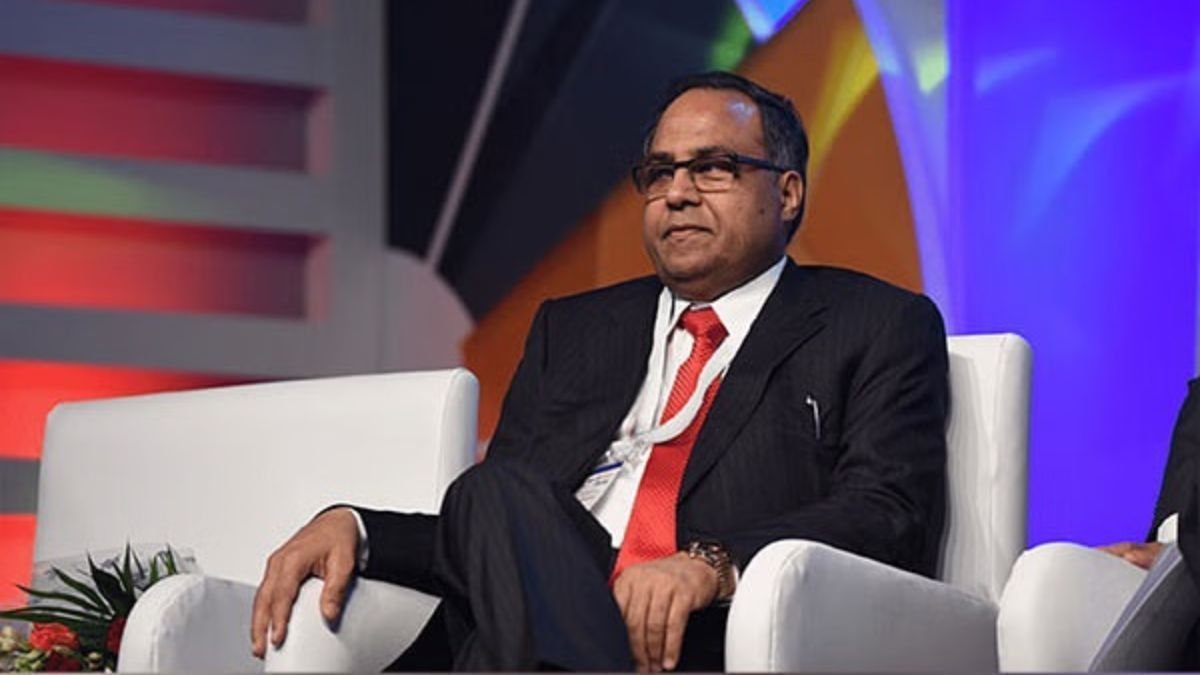“Mutual funds have become a cornerstone of India’s financial ecosystem, offering diversified investment avenues across asset classes,” emphasizes Alok Kumar Agarwal.
New Delhi (India), August 12: As of March 2024, the total amount collected through Systematic Investment Plans (SIPs) stood at ₹19,271 crore, with a total of 8.4 crore SIP accounts opened, according to the Association of Mutual Funds in India (AMFI). This evolution has democratized investing, appealing to a broad spectrum of investors—from individual retail investors to large institutional funds. Alok Kumar Agarwal, former Managing Director of Alankit Group offers profound insights into the evolution and prospects of mutual funds in India. He underscores how these investment vehicles have undergone significant transformation; He emphasizes, “The pivotal role of mutual funds in India’s financial ecosystem is driving economic growth and empowering investors with accessible and professionally managed investment opportunities.”
Overview of Industry Expansion and Trends
India’s mutual fund industry has experienced substantial growth, driven by rising investor awareness and strategic regulatory reforms. Over the past decade, it has transformed from a niche market to a mainstream investment option embraced by millions. Alok Kumar Agarwal highlights “The industry’s assets under management have surpassed significant milestones, reflecting robust investor confidence in professionally managed investment vehicles.” This growth trajectory highlights the industry’s appeal and a broader shift towards more sophisticated and diversified investment strategies among Indian investors.
Impact of Recent SEBI Regulations
Recent regulatory reforms by the Securities and Exchange Board of India (SEBI) have reshaped the mutual fund landscape to prioritize investor protection and operational transparency. Stricter guidelines on expense ratios, fund categorization, and disclosure requirements have significantly enhanced governance standards. Mr. Alok Agarwal says, “Regulatory enhancements in expense management and fund categorization have bolstered industry credibility and governance standards.” These changes foster a more secure and transparent environment, boosting investor trust and encouraging long-term investment, thus laying a stronger foundation for sustainable industry growth.
Understanding Various Fund Categories
Mutual funds in India offer diverse investment options tailored to various risk appetites and financial goals. These include equity funds for high returns from stocks, debt funds for stability and regular income, balanced funds combining equity and debt, index funds tracking market indices, and sector-specific funds targeting particular industries. Each type serves specific investment strategies. “Understanding these categories is vital for investors to make informed decisions and effectively allocate their capital based on their risk tolerance and financial objectives,” highlights Alok Kumar Agarwal.
Historical Returns and Market Trends
Analyzing historical performance is pivotal for evaluating mutual fund investments. Historical data provides insights into how funds have performed across different market cycles, offering a basis for predicting future performance. Alok Kumar Agarwal explains, “Market cycles and fund manager strategies influence returns across different asset classes, underscoring the importance of strategic asset allocation and risk management.” Investors should consider factors such as past returns, volatility, and the track record of fund managers. By examining these metrics, investors can better understand the potential risks and rewards associated with different funds, enabling them to align their investments with their financial goals and risk tolerance.
Strategic Tips for Selecting Mutual Funds
Selecting the right mutual funds requires a strategic approach considering risk tolerance, investment horizon, and fund manager expertise. Alok Kumar Agarwal advises, “Conduct rigorous due diligence, assess past performance metrics, and align fund choices with strategic financial objectives for optimal portfolio diversification.” Investors should evaluate fund performance consistency, management team credibility, and fee impact on returns. By being diligent and strategic, investors can build a diversified portfolio that balances risk and return.
Predicting Growth and Evolving Trends
The mutual fund sector in India is poised for sustained growth, driven by technological advancements and demographic shifts. Increasing adoption of digital investment platforms and growing awareness among younger populations are key factors. Alok Kumar Agarwal predicts, “The industry’s evolution towards sustainable and ESG-focused investing mirrors global trends, presenting strategic opportunities for responsible wealth creation.” As investors increasingly align their investments with their values, ESG-focused funds are gaining traction. This shift reflects changing preferences and presents significant opportunities for the mutual fund industry to innovate and expand.
While summarizing, Alok Kumar Agarwal emphasizes the investors the importance of informed decision-making and proactive portfolio management in mutual fund investments. “Adapt to regulatory dynamics, embrace portfolio diversification, and leverage professional insights to navigate market volatilities,” mentions Mr. Agarwal. Staying informed about industry trends, regulatory changes, and market conditions enables investors to make strategic decisions that enhance financial well-being. “The mutual fund industry, with its diverse offerings and robust regulatory framework, offers a valuable avenue for achieving long-term financial goals in India’s dynamic financial landscape,” quotes Mr. Alok Agarwal.
If you have any objection to this press release content, kindly contact pr.error.rectification@gmail.com to notify us. We will respond and rectify the situation in the next 24 hours.




